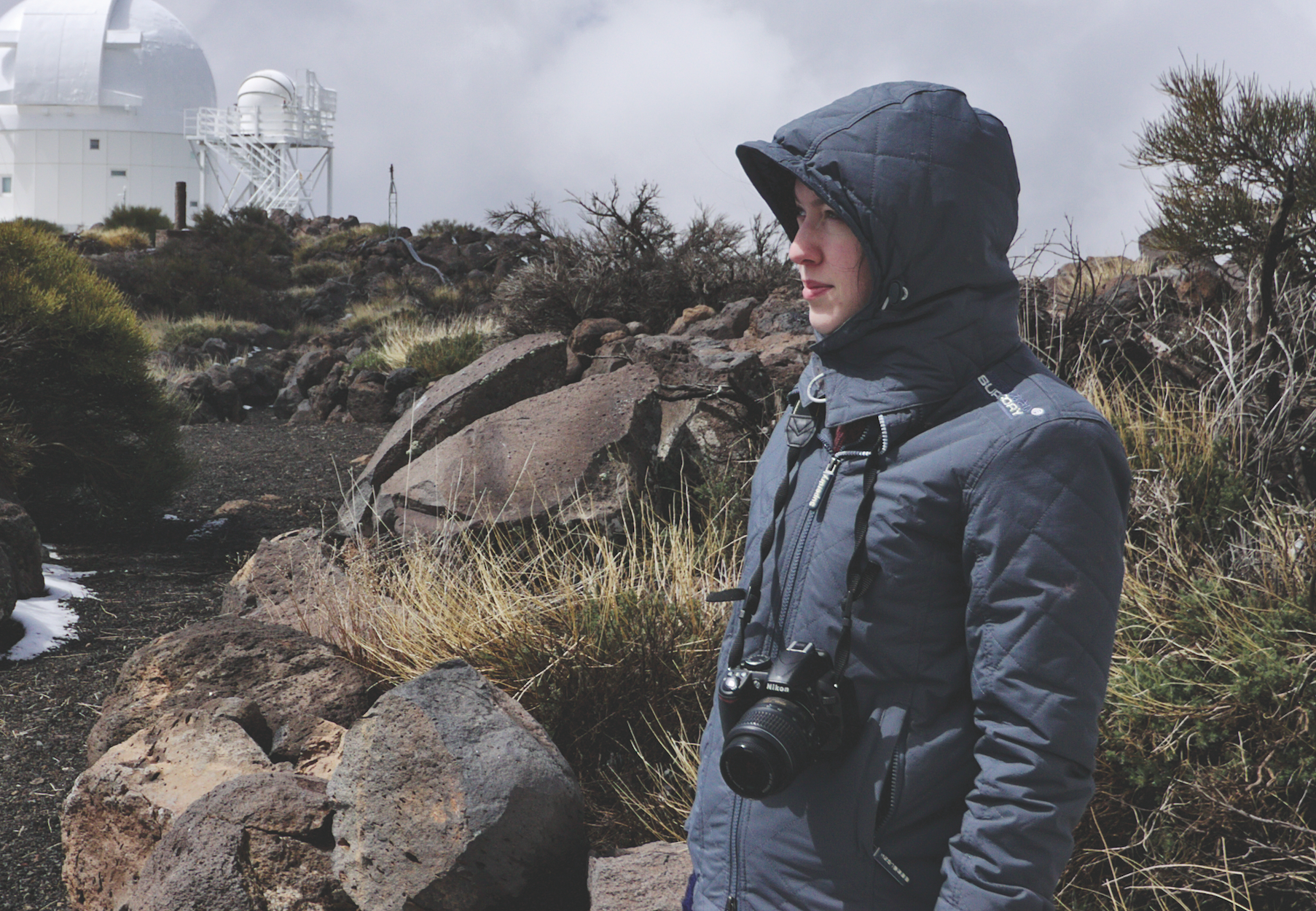Course Information
BSc (Hons) (NFQ Level 8)
Full Time – Undergraduate Studies
CAO Code: DN200
CAO Points Range 2019: 521
Length of Course: 4 Years
Average Intake: 400
- O2/H6 in Mathematics
- O2/H6 in a laboratory science (Applied Mathematics, Computer Science or Geography may be used instead of a laboratory science subject) and
- O6/H7 in English, Irish and two other recognised subjects
- A-Level/GCSE
- Other EU Applicants
- Non-EU Applicants
- QQI FET Entry Routes
- Level 6/7 Progression Routes
Why is this course for me?
The space sector is enjoying exceptional growth, with increasing demand for suitably qualified graduates. Satellites play a key role in navigation, communication and space exploration. This course is primarily a Physics degree that also provides an introduction to the applications of Physics in Astrophysics and Space Science. Students gain an understanding of how ground-based and space-based technologies are used to explore the universe. Astronomers pursue knowledge and understanding of the underlying processes at work in the universe through physics. The core of the degree is therefore an Institute of Physics accredited honours BSc qualification.
Career & Graduate Study Opportunities
The space sector demands a highly skilled workforce. There are opportunities for graduates to work with major space agencies, such as ESA and NASA, or with space companies. Since the Physics with Astronomy & Space Science degree is an accredited Physics degree, graduates are also qualified to go into medical physics, meteorology, semiconductor technology, energy, ICT and finance.
Graduates may apply for MSc programmes such as Space Science & Technology. They may also pursue research through PhD programmes in Ireland and abroad in many fields of physics.
What Will I Study
Students gain hands-on experience using professional astronomical telescopes, including UCD’s ‘Watcher’ robotic telescope in South Africa. Space instrumentation and data analysis, including programming, form part of the laboratory training.
This is a sample pathway for a degree in Physics with Astronomy & Space Science:
First Year
- Physics
- Mathematics
- Astronomy & Space Science
- Optional Science modules
- Elective module
Second Year
- Physics
- + 1 Other Science Subject
- Elective modules
Third Year
- Physics with Astronomy & Space Science Support is provided for students applying to summer internship programmes e.g. at ESA. UCD Physics offers research experience to undergraduates, including in the Astrophysics and Space Science research groups
- Elective modules
Fourth Year
- Physics with Astronomy & Space Science Students participate in a week-long field-trip where they undertake astronomical observations at Tenerife’s Teide Observatory.
All Science courses are full time, with many student timetables running from 9.00am to 5.00pm or later. Depending on the subject choices, a weekly timetable can include lectures, practicals and tutorials.
Assessment varies with each module but may comprise continuous assessment of practicals, written exams and online learning activities.
International Study Opportunities
Students can apply to study for a semester or year in third year in a number of universities worldwide including:
- University of California, Berkeley, USA
- University of California, Santa Cruz, USA
- San Jose State University, California, USA
- University of Melbourne, Australia
Testimonial
“The flexibility of DN200 meant that I could focus entirely on the subject that I wanted – Physics. The experience that comes out on top in my degree is the final-year field trip to Teide Observatory in Tenerife. The experience of proposing a complex project to study a binary star system and then learning how to use a world-class telescope to conduct this research was really rewarding. Presenting my results and writing it up in a thesis was a proud moment – 4 years of hard work had led to that point and I had learned so much. I’m currently an Irish Research Council funded PhD student in the UCD Space Science Group specialising in Gamma-Ray Bursts and Gravitational Waves. I am also part of the EIRSAT-1 team, which is currently designing, building, and preparing to launch Ireland’s first satellite.”
Lána Salmon Graduate

